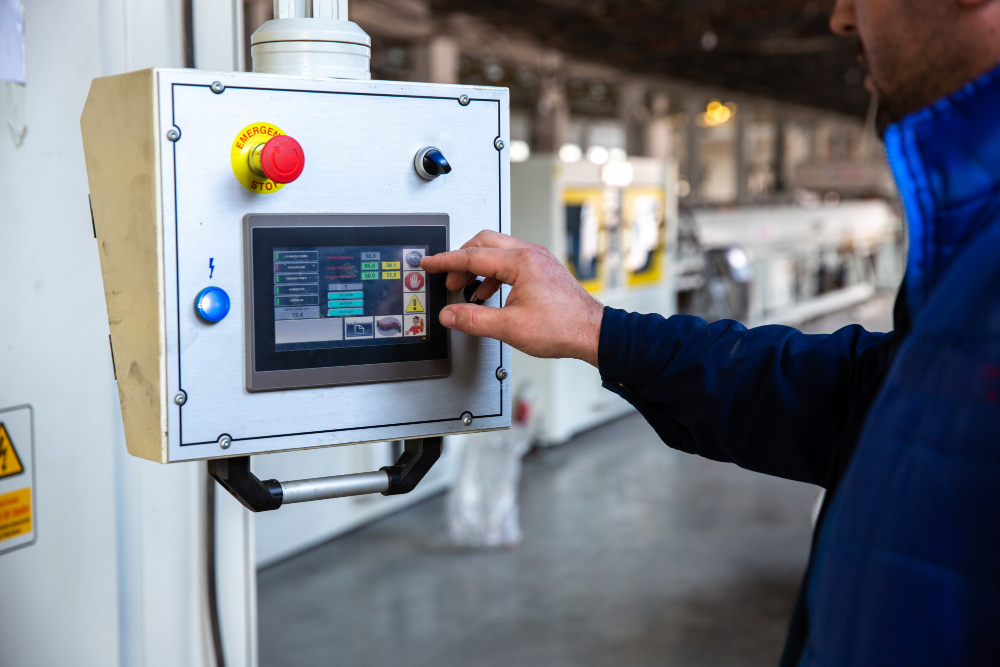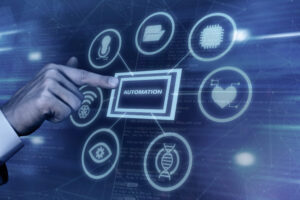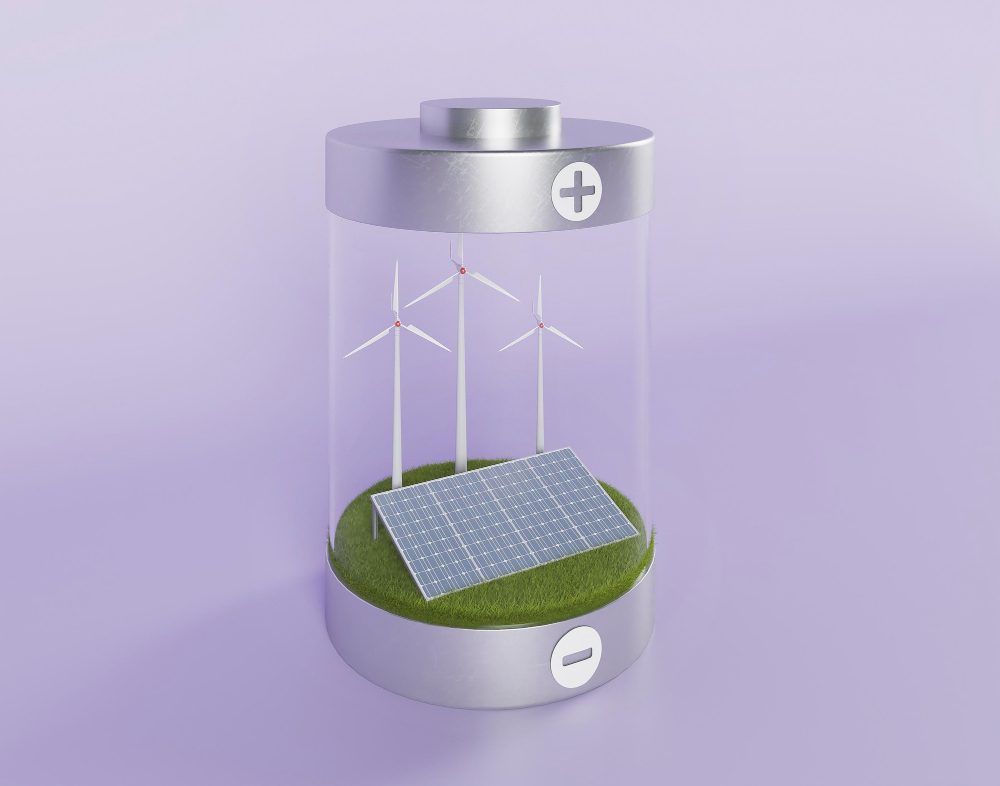
The Use of Smart Metering and Real-time Energy Consumption Monitoring
Nowadays, energy efficiency is not just a buzzword, but a necessity. As factories and manufacturing plants strive to optimize their operations, one of the most effective ways to achieve this is through smart metering and real-time energy consumption monitoring.
Through these technologies, businesses can monitor energy usage, manage and reduce it, ultimately saving money and enhancing sustainability.
The Importance of Energy Management
Energy management is crucial for industrial facilities. With the rising cost of electricity and the increasing emphasis on reducing carbon footprints, businesses are under pressure to manage their energy consumption more effectively.
With smart meters and real-time energy monitoring systems, detailed insights into a facility’s energy usage can be gained.
What is Smart Metering?
“Smart metering is a technology that allows for the precise measurement of electricity, gas, or water usage.”
Unlike traditional meters that require manual reading, smart meters automatically send usage data to the energy supplier. This data is then made available to the user in real-time or near real-time, providing a clear picture of energy consumption patterns.
The use of smart meters in an industrial setting can be used to monitor specific machines, production lines, or entire departments within a facility.
How Real-time Energy Monitoring Works?
Smart meters go hand in hand with real-time energy monitoring systems. Smart meters and other sensors throughout the facility provide data to these systems. The data is then displayed on dashboards, allowing facility managers to monitor energy consumption in real-time.
One of the significant advantages of real-time monitoring is the ability to set alerts and thresholds. For instance, if energy usage exceeds a predefined limit, the system can automatically alert the relevant personnel, allowing for immediate action.
What Are The Benefits of Implementing Smart Metering and Real-time Monitoring?
Implementing smart metering and real-time energy monitoring in an industrial facility offers numerous benefits:
Cost Savings: By identifying inefficiencies and reducing energy waste, companies can significantly lower their energy bills. Over time, the savings can be substantial, providing a quick return on investment for the installation of smart meters and monitoring systems.
Improved Operational Efficiency: Real-time monitoring allows for the optimization of energy usage across the facility. By understanding when and where energy is being used, companies can schedule energy-intensive tasks during off-peak hours or adjust processes to be more energy-efficient.
Enhanced Sustainability: Reducing energy consumption directly contributes to lower greenhouse gas emissions. This not only helps companies meet regulatory requirements but also enhances their reputation as environmentally responsible organizations.
Better Decision-Making: With access to detailed energy consumption data, facility managers can make informed decisions about equipment upgrades, process improvements, and other investments that will further enhance efficiency.
Compliance and Reporting: Many industries are subject to stringent environmental regulations. Smart metering and real-time monitoring provide the data needed to demonstrate compliance with these regulations. Additionally, the data can be used to create more accurate and comprehensive energy reports.
3 Possible Challenges in Implementing Smart Metering
While the benefits of smart metering and real-time monitoring are clear, there are challenges that companies may face when implementing these technologies:
Initial Investment: The cost of installing smart meters and real-time monitoring systems can be a barrier for some companies, particularly small and medium-sized enterprises (SMEs).
But – the long-term savings and operational benefits often outweigh the initial costs.
Data Security: With the increasing use of digital technologies in industrial settings, data security is a significant concern. Companies must ensure that the data collected by smart meters and monitoring systems is protected against cyber threats.
Integration with Existing Systems: For facilities with legacy systems, integrating smart meters and real-time monitoring can be challenging. It’s essential to choose technologies that are compatible with existing infrastructure to ensure a smooth implementation.
Invest Smart With VMS
In conclusion, smart metering and real-time energy consumption monitoring are powerful tools that can help industrial facilities optimize their energy usage, reduce costs, and improve sustainability.
Ready to take your energy management to the next level?
Invest in smart metering and real-time monitoring solutions designed specifically for your facility with VMS Consultants, Leading Project Management Consultant in Gujarat, India.
Contact VMS Consultants today to start your journey toward greater efficiency and sustainability.






